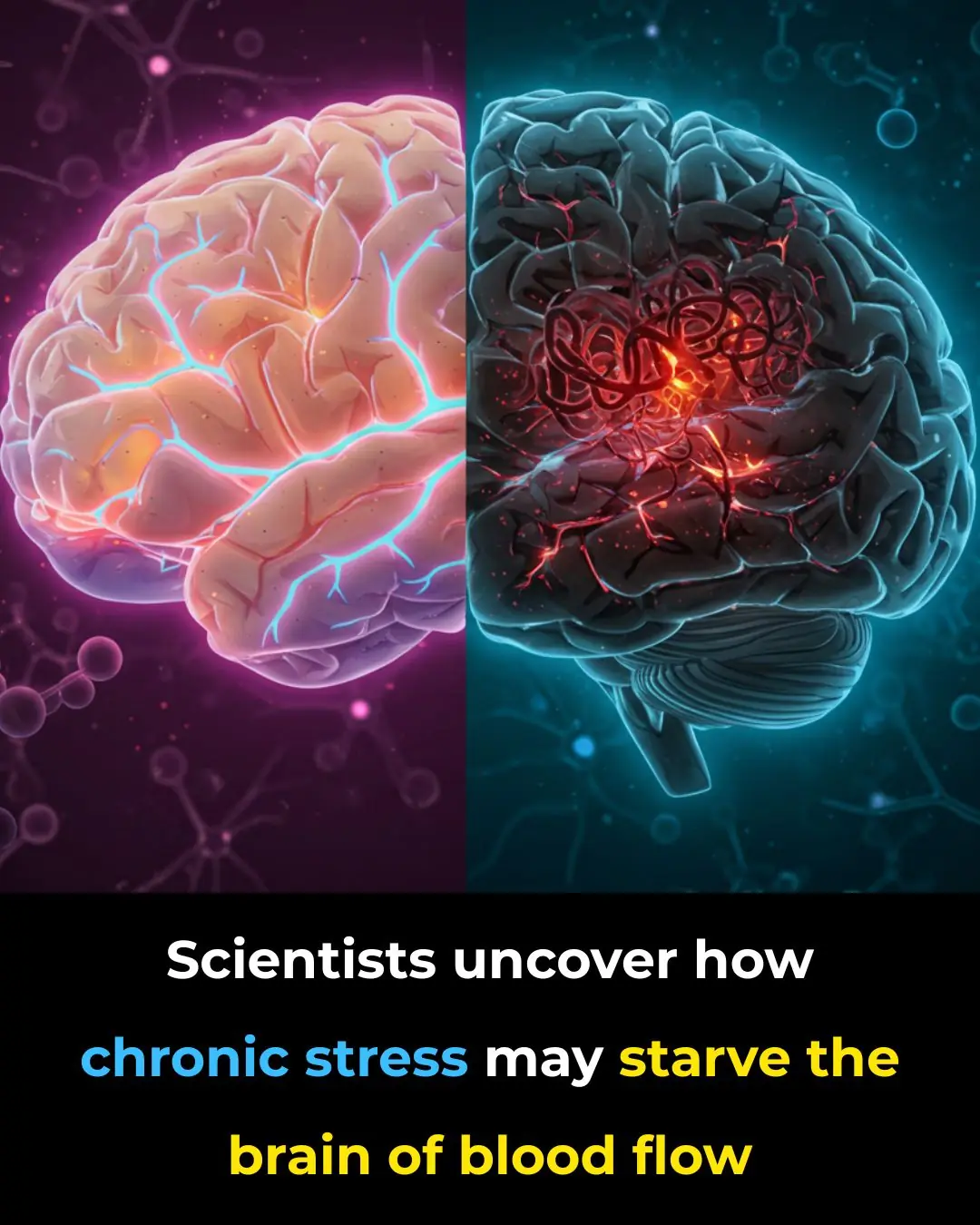
This one vitamin could help stop you from waking up to pee every night
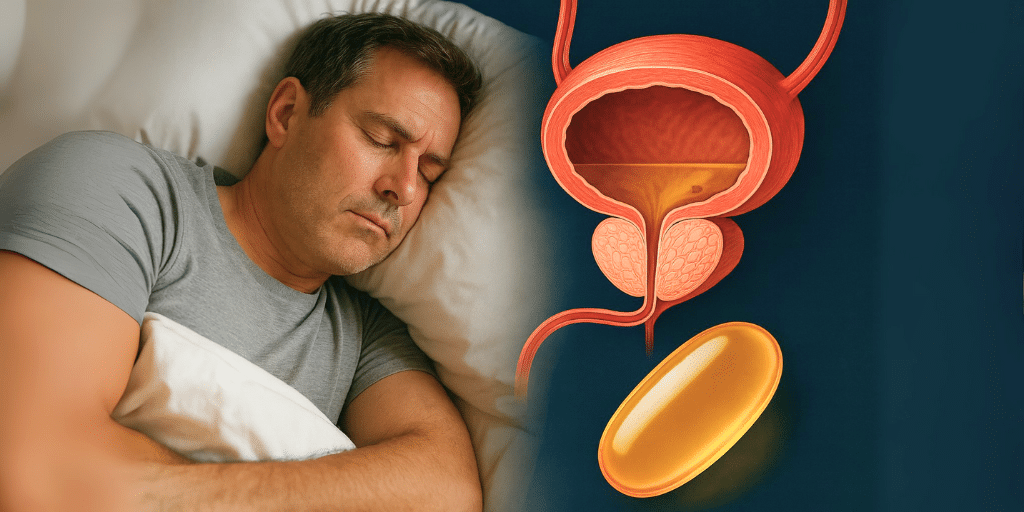
The glowing numbers on your clock read 4:00 AM, and once again, you’re awake—dragged out of sleep not by a nightmare but by that persistent urge to use the bathroom. One single trip is all it takes to fracture your rest, leaving you exhausted, mentally foggy, and on edge for the entire day.
Maybe someone has told you this is just part of getting older, something you simply have to “learn to live with.” But here’s the truth: you don’t have to accept a life of broken nights and groggy mornings. I’m not here to give you generic, unhelpful advice like “drink less water before bed.” I’m here to explain the real biological reasons behind this issue—along with a clear, practical plan you can start using immediately.
Stay with me, because the insights you’re about to learn won’t just improve your nights—they can transform your overall quality of life.
What You’re Experiencing Has a Name
This frustrating habit of waking at night to urinate is known medically as nocturia. And although it’s extremely common, common does not mean normal. Nocturia isn’t an unavoidable consequence of aging—it’s your body sending a warning signal. Ignoring that signal can lead to far more serious health problems than most people realize.
To reclaim your nights, you need to understand why this happens and how to address it effectively.
Key Takeaways
Nocturia Is a Health Risk
Frequent nighttime urination raises the risk of dangerous falls, cognitive decline, cardiovascular strain, and emotional burnout.
Myths Make It Worse
Misconceptions like “I should barely drink water” or “I just have a tiny bladder” can actually intensify the problem.
There Are Real Physiological Causes
Reduced ADH hormone levels, fluid pooling in the legs, Vitamin D deficiency, and prostate changes (in men) are major contributors.
A Strategic Plan Works
By improving Vitamin D levels, managing fluid timing, and using targeted techniques before bed, you can dramatically reduce nighttime awakenings.
1. The Hidden Dangers of Nighttime Bathroom Trips
Most people treat nocturia as a simple inconvenience, but the health risks are far more serious.
Risk of Falls
Walking to the bathroom half-asleep—especially in the dark—significantly increases the risk of tripping or losing balance. A fall at age 60 or 70 can result in hip fractures, long recovery periods, and even permanent mobility issues. Many older adults lose independence after a single fall.
Impact on Brain Function
Deep sleep is not optional—it’s the time when your brain performs essential maintenance, clearing out metabolic waste like beta-amyloid (a protein linked to Alzheimer’s). When your sleep is constantly interrupted, this cleaning cycle is disrupted.
Short term: brain fog, trouble focusing, irritability.
Long term: increased risk of neurodegenerative disease.
Strain on the Heart
Each abrupt awakening triggers a surge of cortisol and adrenaline. This spike raises blood pressure and accelerates your heart rate. Over time, these repeated “mini-stress events” contribute to hypertension and increased cardiovascular risk.
Emotional and Mental Toll
Chronic exhaustion drains your motivation and dampens your mood. You may feel like you’re losing your spark—less engaged in hobbies, less patient with loved ones, and more overwhelmed by daily tasks. Poor sleep slowly erodes emotional resilience.
2. Why Does This Happen? The True Causes
To fix nocturia, you need to understand its underlying mechanisms. Aging plays a role, but it’s far from the whole story.
Prostate Health (Men Only)
For men over 50, an enlarged prostate is a common culprit. It presses against the bladder and urethra, causing frequent urination both day and night. A medical evaluation is essential to rule this out.
Decline of Antidiuretic Hormone (ADH)
ADH acts as the kidneys’ nighttime supervisor, telling them to slow urine production while you sleep.
As you age, your ADH production drops.
Less ADH = more nighttime urine = more trips to the bathroom.
The “Fluid Shift” Nobody Talks About
If your legs or ankles swell during the day, that pooled fluid doesn’t disappear. When you lie down, gravity stops pulling fluid downward—so it reenters your bloodstream, reaches the kidneys, and fills your bladder hours after bedtime. This explains why some people wake up consistently 2–4 hours after falling asleep.
Vitamin D’s Unexpected Role
The bladder’s detrusor muscle contains abundant Vitamin D receptors. Low Vitamin D weakens this muscle’s function, leading to urgency, incomplete emptying, and bladder instability.
Addressing a deficiency can drastically reduce nighttime symptoms.
3. Three Myths That Make Nocturia Worse
Before you fix the problem, you must stop making it worse.
Myth #1: “I should drink as little water as possible.”
This actually backfires. Dehydration makes your urine highly concentrated, irritating your bladder lining. An irritated bladder sends false urgency signals—even when it's barely full.
Myth #2: “I have a small bladder.”
Most people’s bladder size is perfectly normal. The real issue is how much urine your kidneys produce at night and how much fluid returns from your legs.
Myth #3: “A drink before bed helps me sleep.”
Alcohol is a diuretic.
It increases urine production, irritates the bladder, and blocks ADH.
In other words, it triggers exactly the problem you’re trying to avoid.
4. Your 3-Step Action Plan for Better Sleep
Here’s a practical, science-based strategy to regain control of your nights.
Step 1: Optimize Vitamin D Levels
If you’re deficient—and many adults are—correcting this can noticeably reduce urinary symptoms.
-
Ask your doctor for a Vitamin D level test.
-
Supplement only according to medical guidance.
-
Aim for 15–20 minutes of morning sunlight to support natural Vitamin D production.
Consistent Vitamin D optimization strengthens bladder function over time.
Step 2: Manage Your Fluid Intake Wisely
This is about timing, not restriction.
-
Drink steadily in the morning and early afternoon.
-
Consume 75% of your daily fluids before 4 PM.
-
Reduce intake gradually in the evening.
This gives your kidneys time to do most of their work while you’re awake.
Step 3: Use Strategic Techniques Before Bed
1. Double Voiding
A powerful technique to ensure complete bladder emptying:
-
Urinate.
-
Wait 30 seconds.
-
Relax and try again—don’t strain.
2. The Gravity Elevator
1–2 hours before bed, elevate your legs above your heart. This encourages trapped fluid to drain into circulation earlier—so your kidneys can process it before you fall asleep.
Conclusion
This solution isn’t guesswork—it’s rooted in science and physiology. Nocturia does not have to be a permanent part of your life. By optimizing Vitamin D levels, timing fluids strategically, managing leg swelling, ensuring complete bladder emptying, and avoiding alcohol before bedtime, you can dramatically reduce nighttime awakenings.
Imagine waking up refreshed after a full night of sleep—clear-headed, energized, and emotionally balanced. Reduced fall risk, better heart health, sharper thinking.
You have the power to reclaim both your nights and your days.
It all starts with understanding your body and taking the right steps.
News in the same category

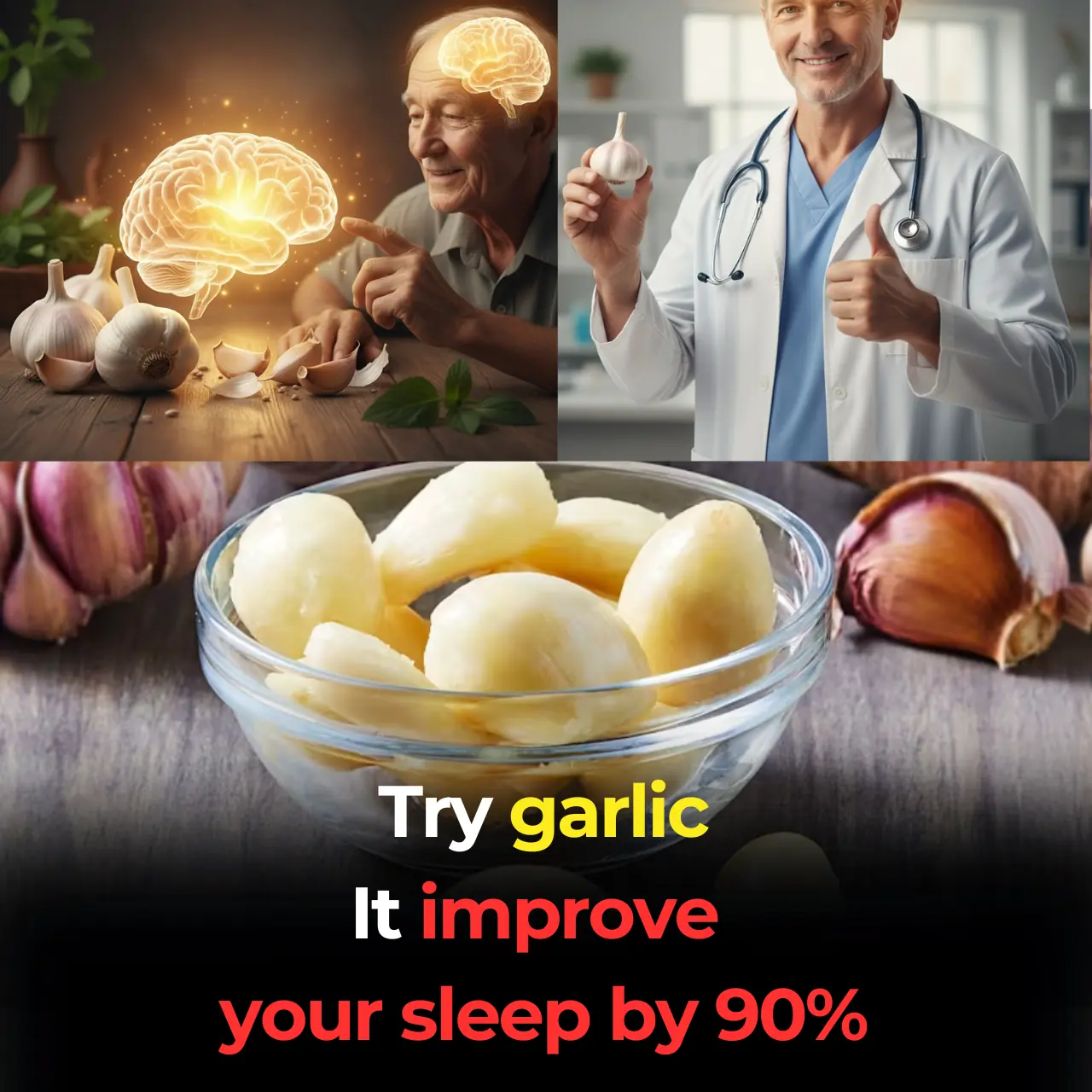
Japan's Oldest Doctor: Can’t Sleep Through the Night? Use Garlic This Way for Deep Rest in 3 Nights
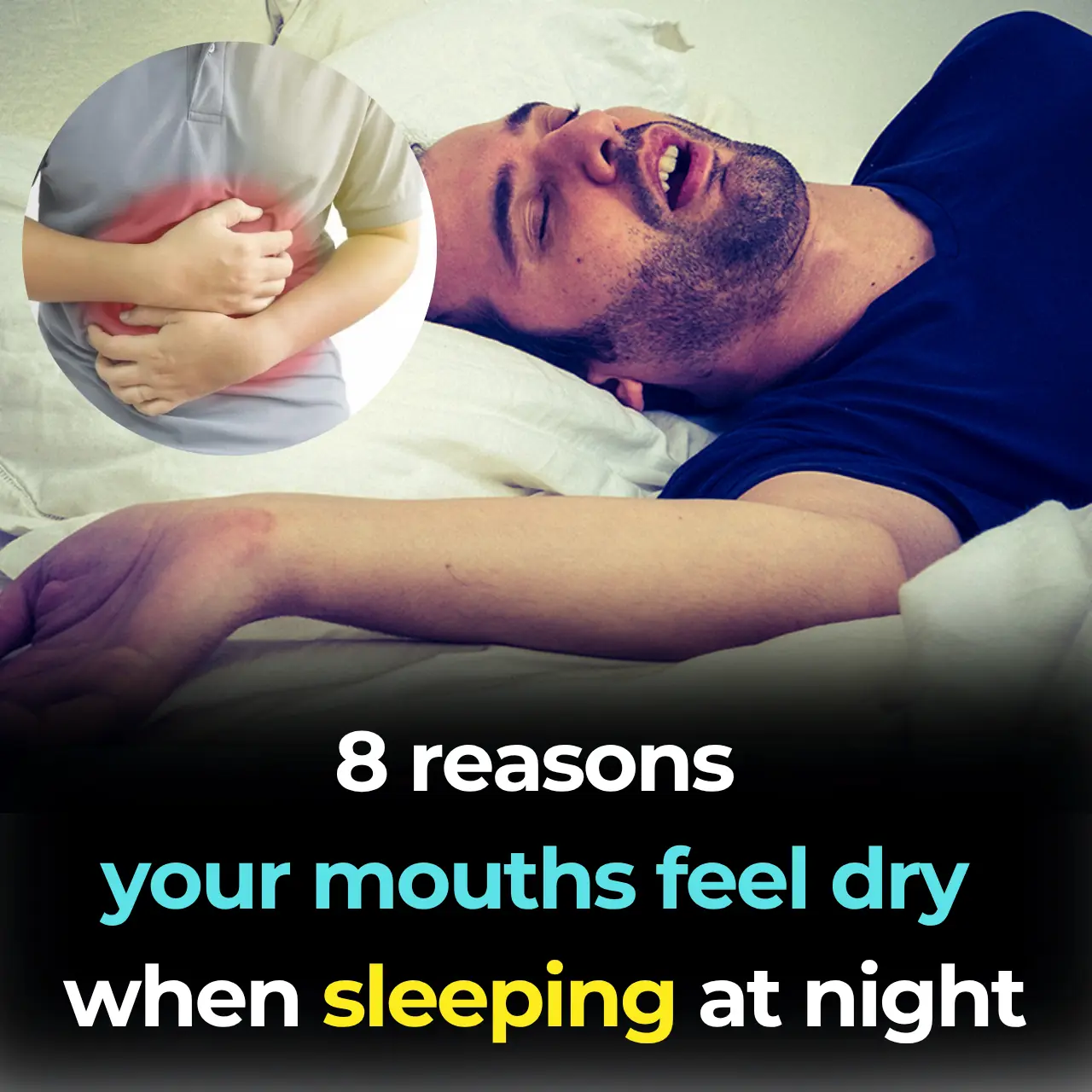
People whose mouths feel dry when sleeping at night need to know these 8 reasons

3 Mineral Waters That Can Help Remove Aluminum From The Brain

Top Signs of Iron Deficiency and How To Increase Iron Levels In Your Blood

Banish Congestion Now! The Fiery Root That Clears Lungs & Sinuses INSTANTLY

How to Get Rid of Worms in Humans (Including Parasite Cleanse Diet)
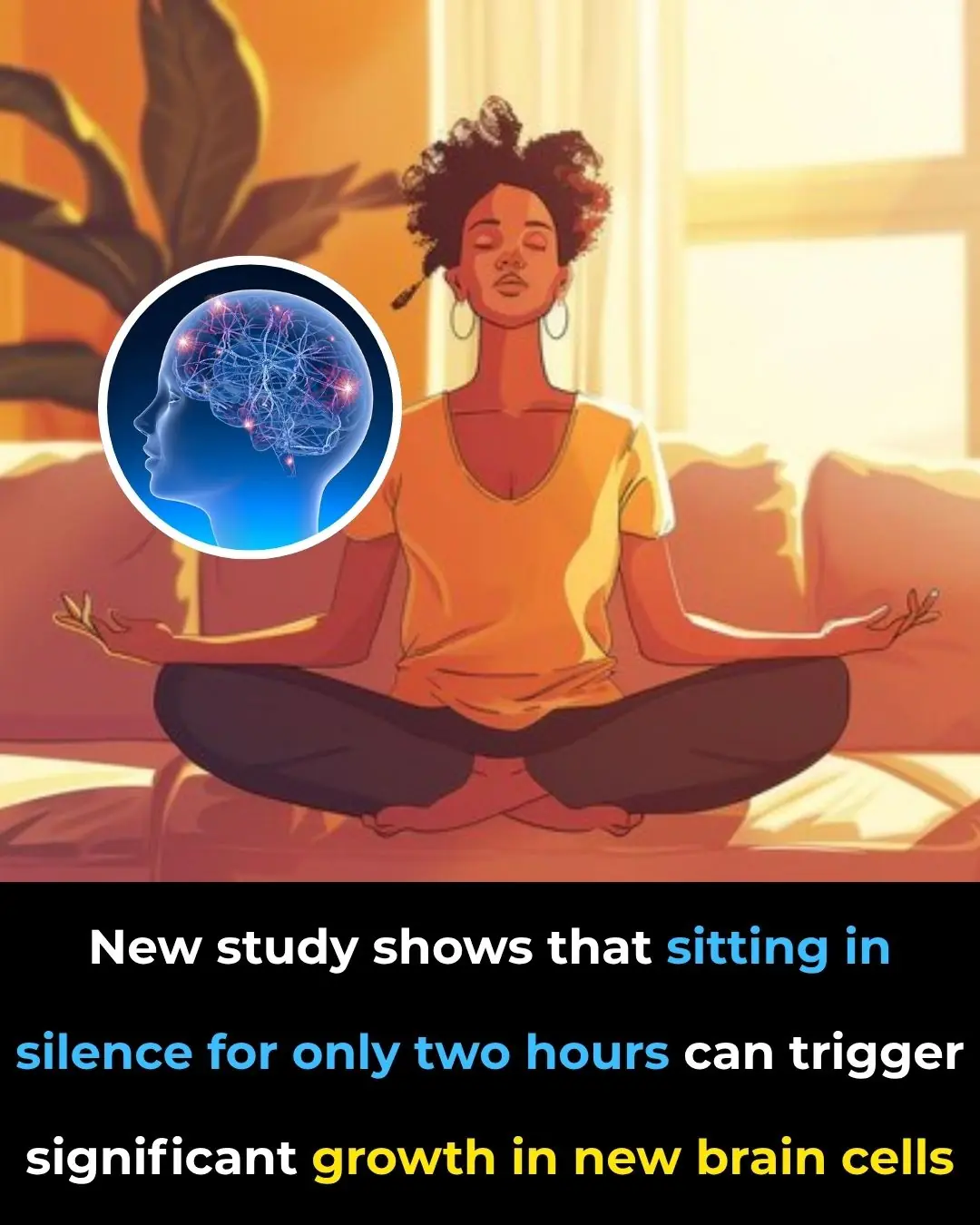
How Two Quiet Hours a Day Can Rebuild Your Brain
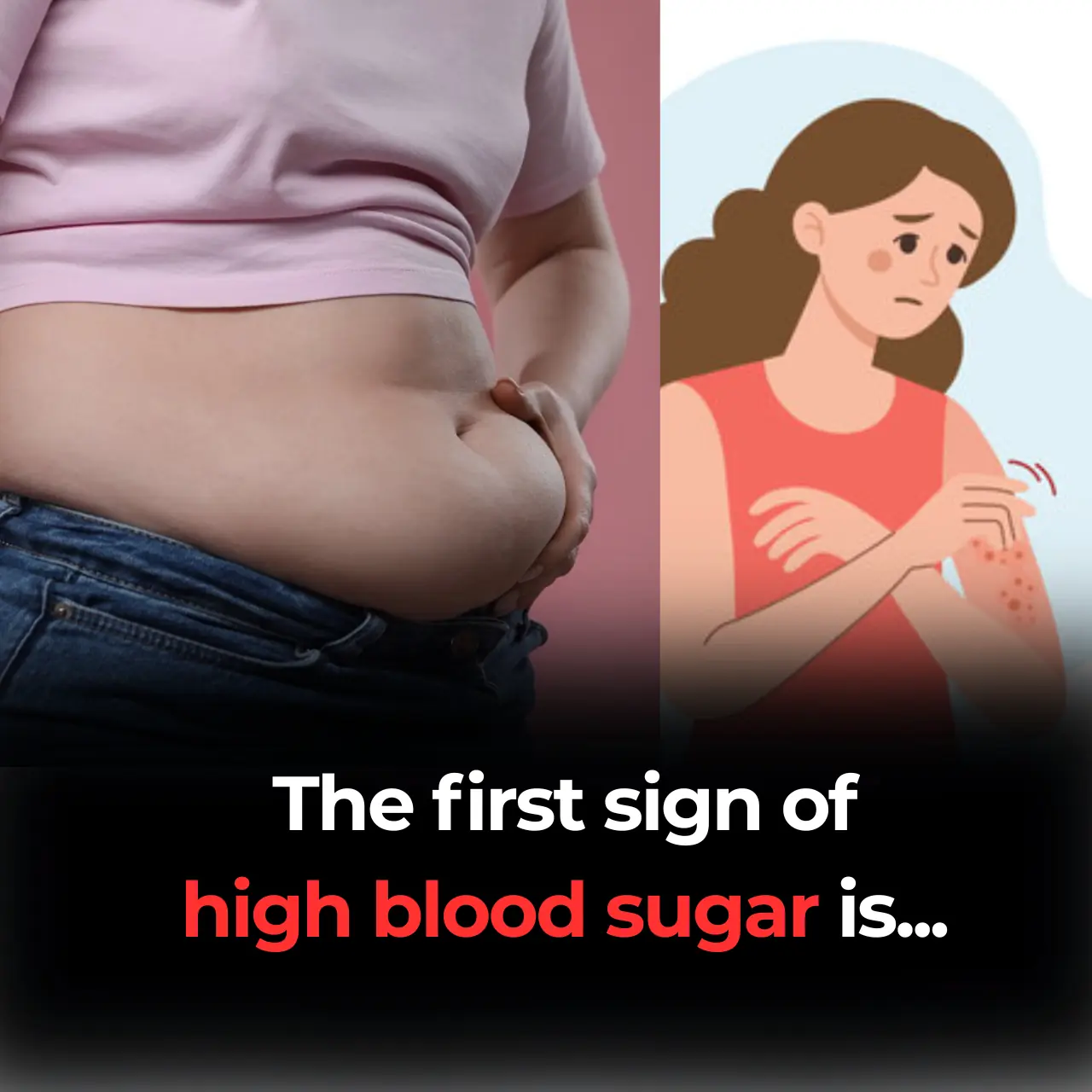
13 Warning Signs of High Blood Sugar and 9 Ways to Take Control of Your Health
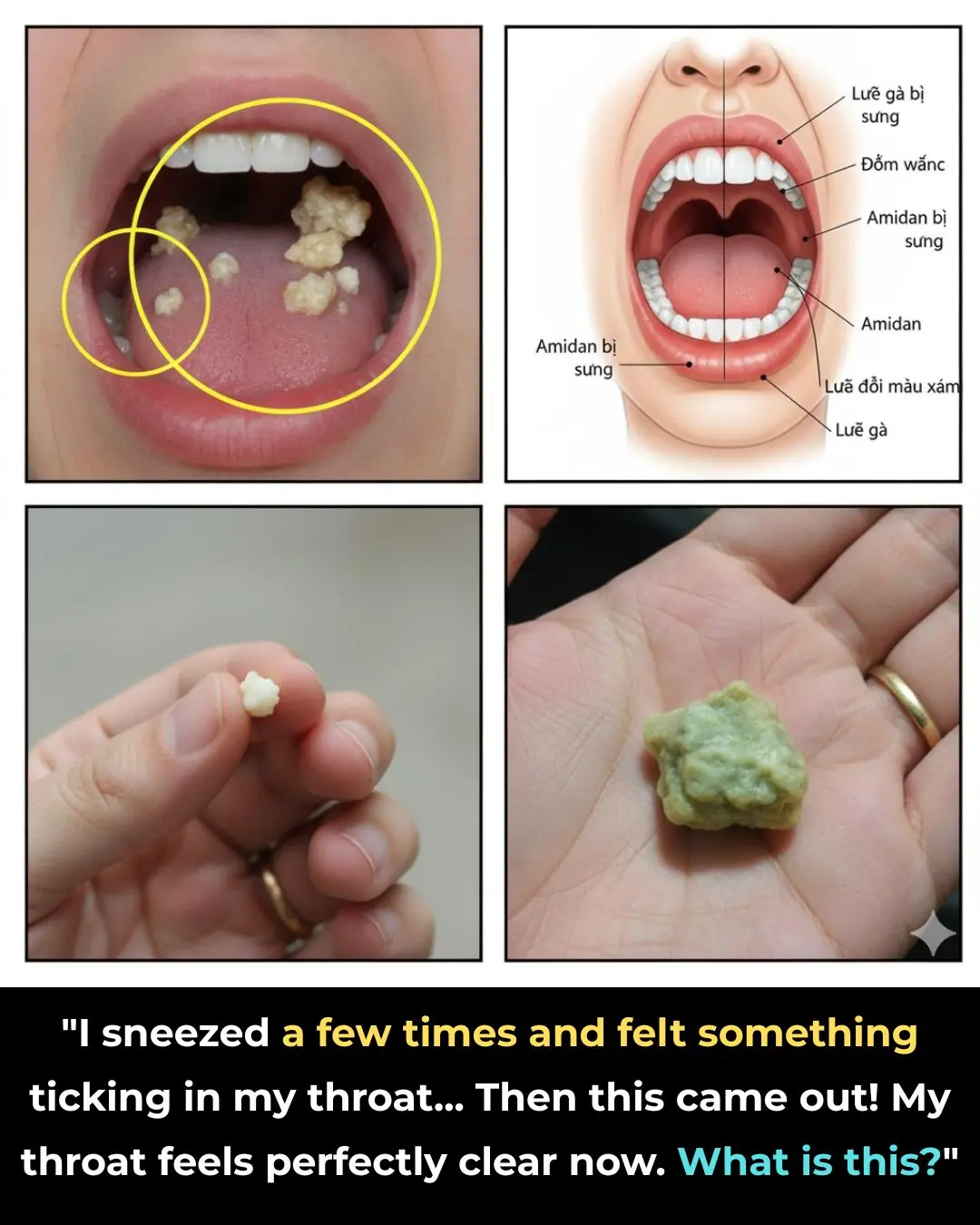
What Are Tonsil Stones

Nerve Pain Relief? The Vitamin Deficiency You Never Suspected!
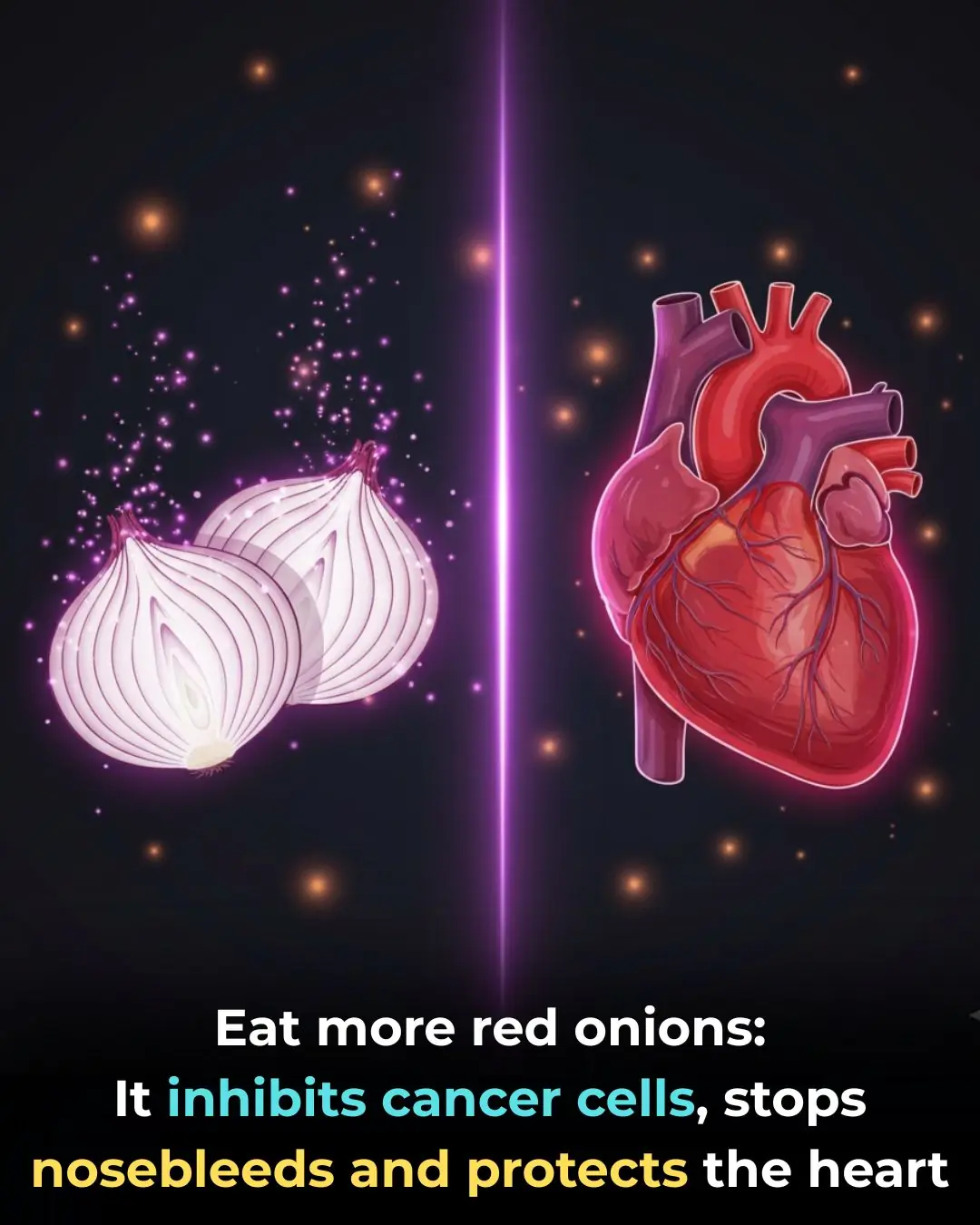
Eat More Red Onions: It Inhibits Cancer Cells, Stops Nosebleeds And Protects The Heart
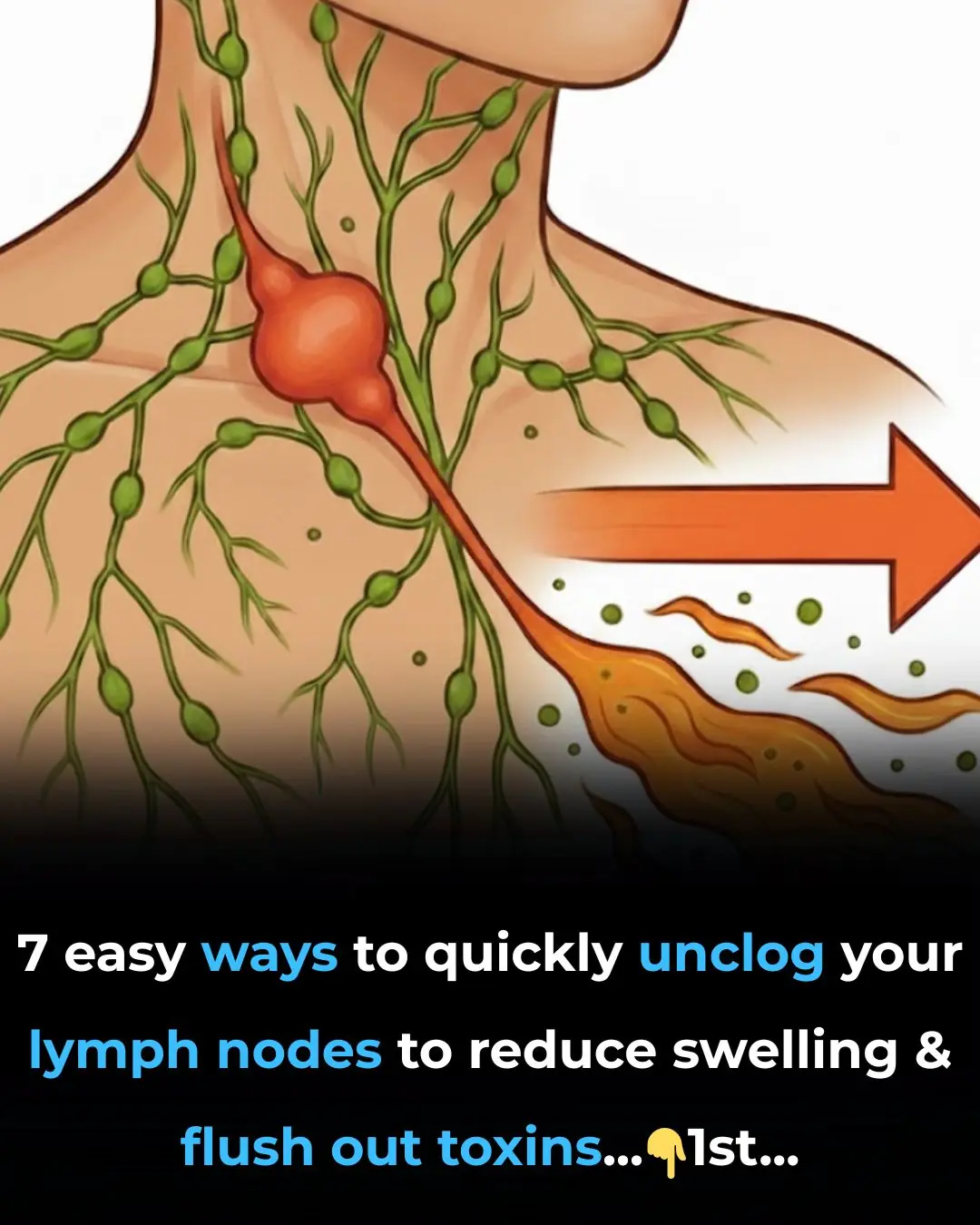
7 Easy Ways To Quickly Unclog Your Lymph Nodes To Reduce Swelling And Flush Out Toxins
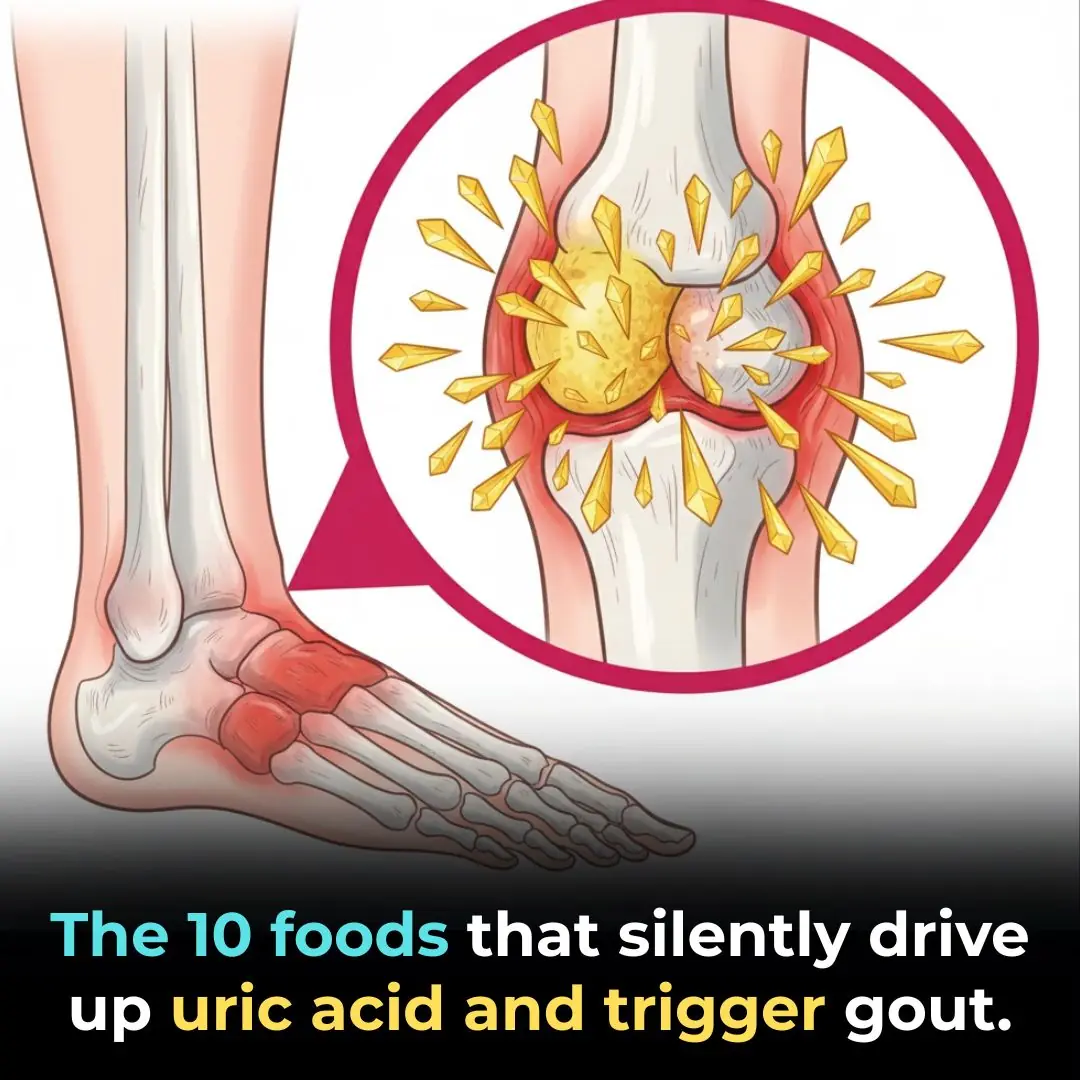
Top 10 Uric Acid Foods To Avoid If You Have Gout

Five “Dirtiest” Parts of the Pig That Butchers Never Take Home for Their Own Families
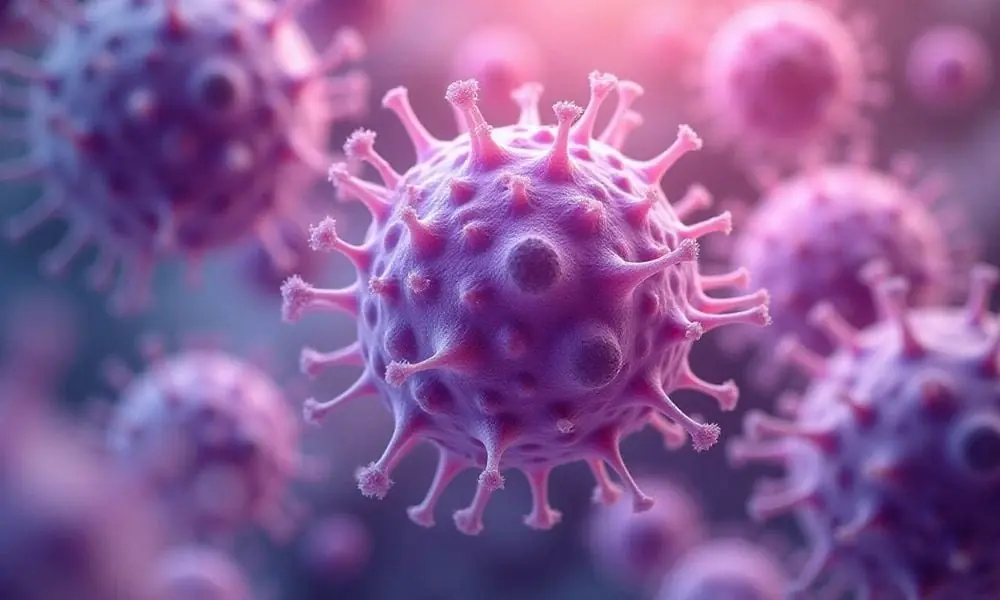
The Whole Family of Three Was Diagnosed With Thyroid Nodules; the Mother Collapsed: “I Thought Those Two Things Were Always Good to Eat and Could Prevent Cancer”

Breakthrough Cancer Treatment Offers Unprecedented Hope for Patients

Top 10 foods that unclog arteries naturally and prevent heart attack
News Post
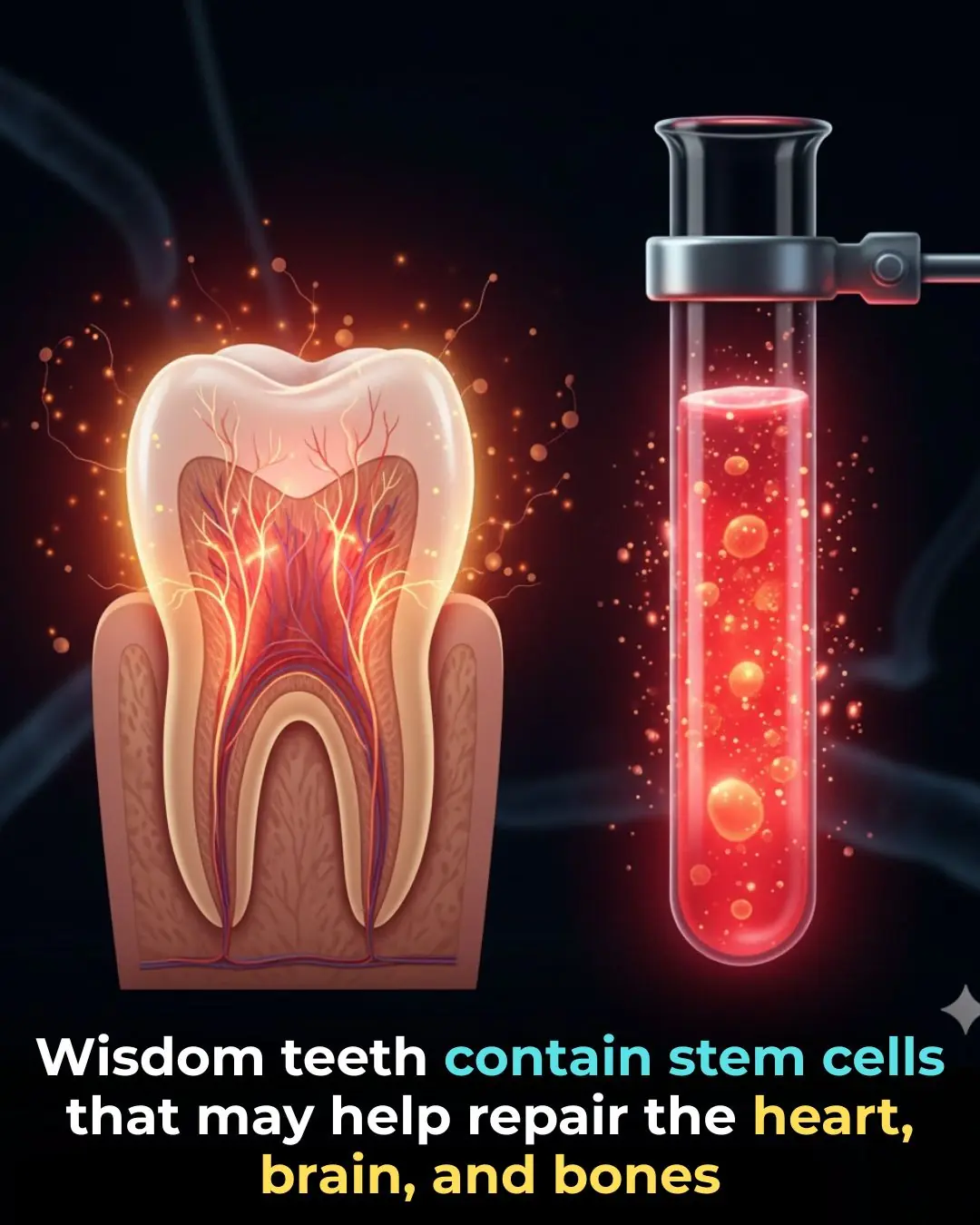
How Wisdom Teeth Could Power the Next Generation of Regenerative Medicine

Scientists uncover how chronic stress may starve the brain of blood flow

Keith Olbermann suggests he dodged a bullet as he gloats over ex-girlfriend Olivia Nuzzi’s latest scandals

What Sydney Sweeney and Tom Cruise talked about during Governor Awards: lip reader

Freddie Slater’s EastEnders exit ‘revealed’ in new spoilers

Spandau Ballet star Tony Hadley admits he’s watching ex-bandmate Martin Kemp on I’m A Celebrity amid long-running rift

Inside I’m A Celebrity star Angry Ginge’s relationship with his dad – ‘massive racist’; court battles; throwing a ‘brick through the window’

The Hidden Power of Common Blue Violet (Viola sororia) and Its Homemade Uses

Japan's Oldest Doctor: Can’t Sleep Through the Night? Use Garlic This Way for Deep Rest in 3 Nights

Glow From Within: Easy Morning Drink For Radiant Skin

People whose mouths feel dry when sleeping at night need to know these 8 reasons

3 Mineral Waters That Can Help Remove Aluminum From The Brain

Top Signs of Iron Deficiency and How To Increase Iron Levels In Your Blood

BBC Strictly's La Voix forced to pull out of Blackpool week after injury

Coronation Street couple split confirmed as heartbroken Carla tells Lisa 'it's over'

Coronation Street's Tina O'Brien reveals her father has died as she says 'my heart is very heavy'

Reimagining Mall Rooftops in the Philippines: Elevated Tents Offering Safety, Dignity, and a Breath of Calm

Coronation Street's Lucy Fallon shows off huge ring as she announces engagement
